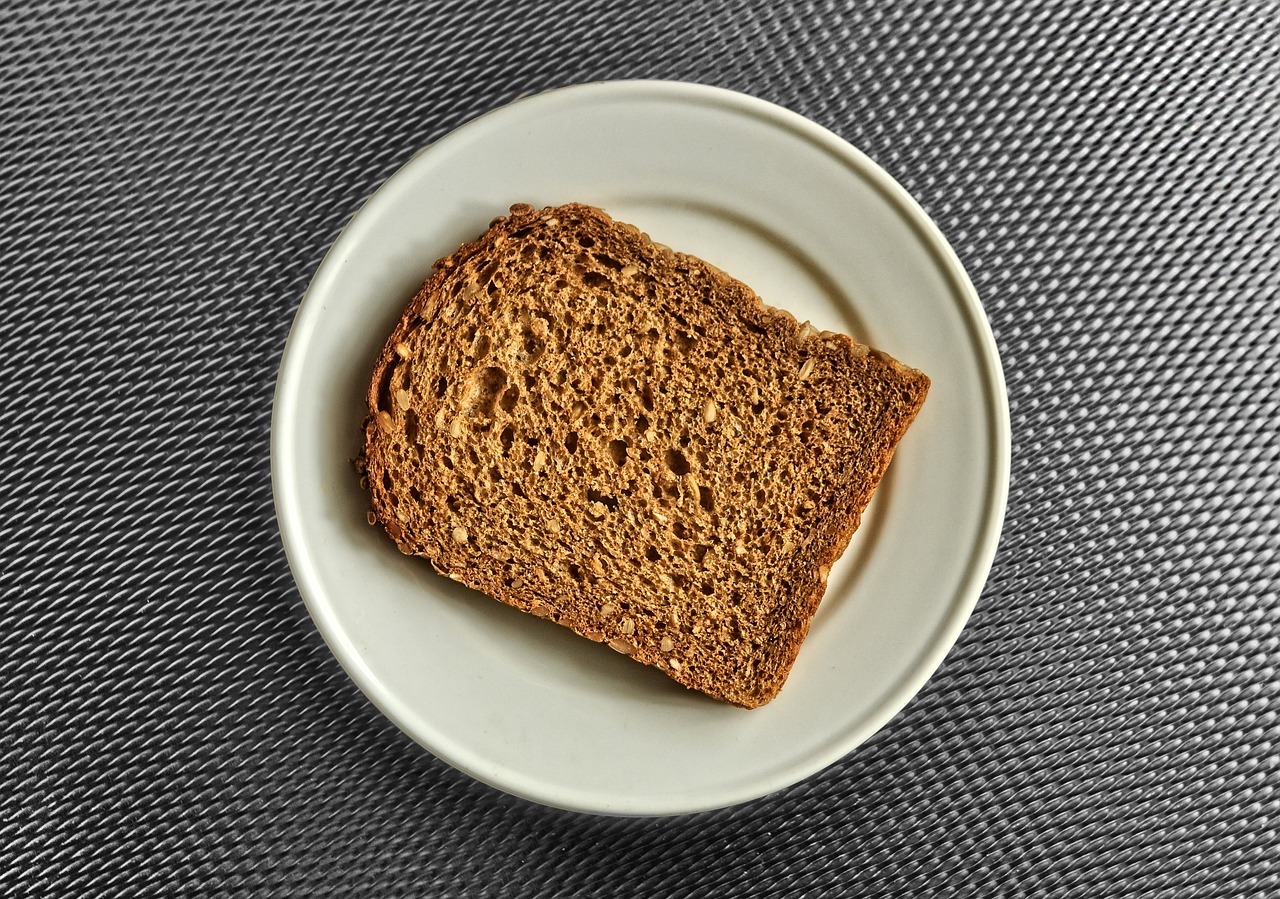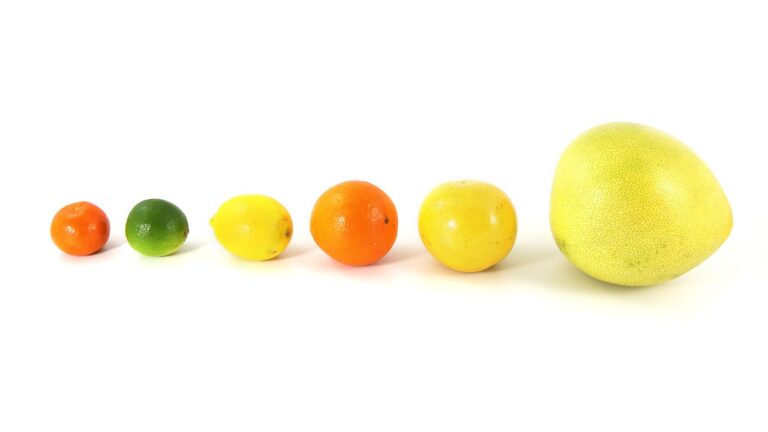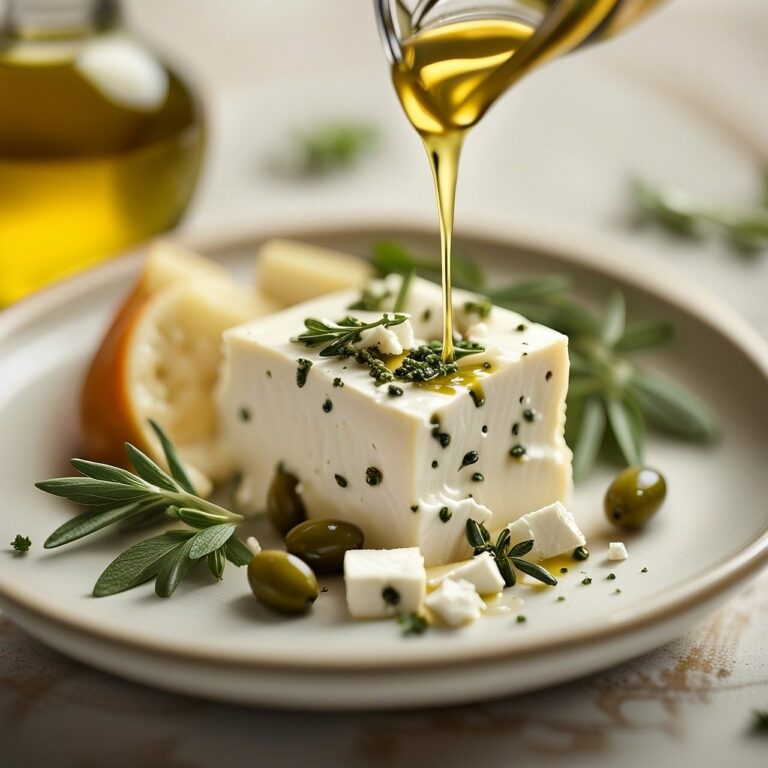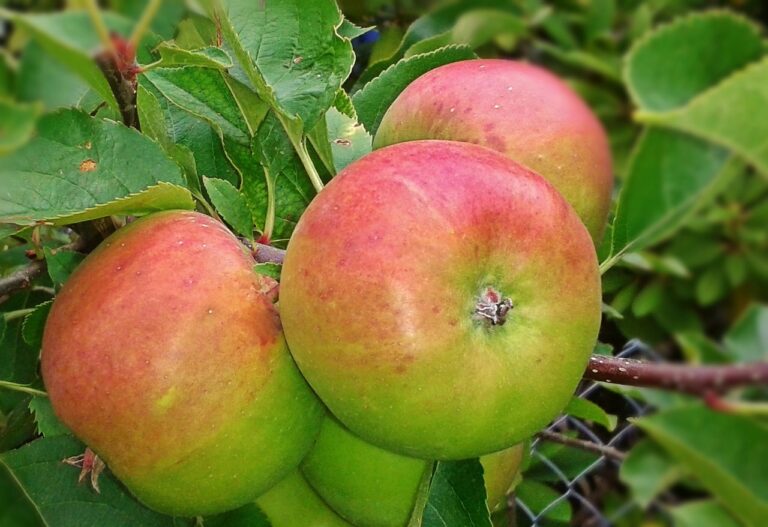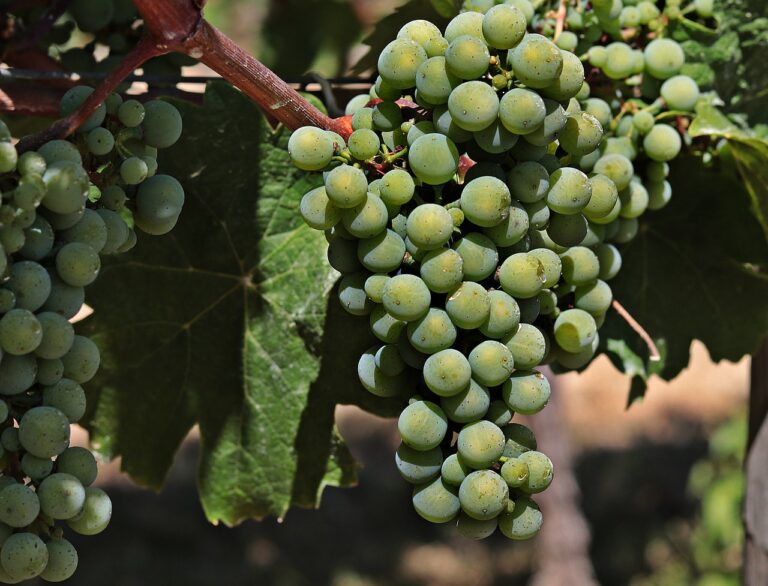DIY Fermented Vegetable Kits: Pickling Veggies at Home: All panel.com, Cricket 99 betting app, Lotus365 login
all panel.com, cricket 99 betting app, lotus365 login: Are you looking for a fun and easy way to preserve your favorite vegetables and add some tangy flavor to your meals? Look no further than DIY fermented vegetable kits! With these kits, you can pickling veggies at home with ease and create delicious, probiotic-rich treats that are perfect for snacking or as a side dish. In this blog post, we will walk you through the process of fermenting vegetables at home, provide tips on how to use fermentation kits, and answer some frequently asked questions about this trendy culinary technique.
What is Fermentation?
Fermentation is a natural process that occurs when beneficial bacteria and yeast break down sugars in food, creating lactic acid. This lactic acid preserves the food, gives it a tangy flavor, and provides numerous health benefits. Fermented foods are rich in probiotics, which are beneficial for gut health and digestion.
Why Ferment Vegetables?
Fermenting vegetables is an excellent way to preserve them and enhance their flavor. The fermentation process not only extends the shelf life of vegetables but also makes them more digestible and nutritious. Fermented vegetables are also a cost-effective way to add probiotics to your diet.
Benefits of Using DIY Fermented Vegetable Kits
DIY fermented vegetable kits are convenient and easy to use. They typically contain everything you need to start fermenting vegetables at home, including jars, lids, weights, and fermentation salts. These kits take the guesswork out of fermentation and ensure that your veggies turn out delicious every time.
Step-by-Step Guide to Fermenting Vegetables at Home
1. Choose your vegetables: Pick your favorite vegetables to ferment. Common options include cabbage, carrots, cucumbers, and peppers.
2. Prepare your vegetables: Wash and chop your vegetables into bite-sized pieces. You can also add herbs, spices, and garlic for extra flavor.
3. Mix your brine: Dissolve salt in water to create a brine solution. The salt helps to inhibit the growth of harmful bacteria while allowing beneficial bacteria to thrive.
4. Pack your vegetables: Place your vegetables in a clean jar and pour the brine over them. Make sure the vegetables are fully submerged in the brine.
5. Weight your vegetables: Place a fermentation weight on top of the vegetables to keep them submerged in the brine. This prevents mold from forming on the exposed vegetables.
6. Ferment your vegetables: Secure a lid on the jar and let it sit at room temperature for several days to a few weeks, depending on your preference for flavor and texture.
7. Enjoy your fermented vegetables: Once the vegetables reach your desired level of fermentation, transfer them to the refrigerator to slow down the fermentation process. Your delicious homemade fermented vegetables are now ready to enjoy!
Tips for Using Fermented Vegetable Kits
– Follow the instructions provided with your fermentation kit to ensure successful fermentation.
– Keep your fermentation jars in a cool, dark place away from direct sunlight.
– Taste your vegetables throughout the fermentation process to determine when they are ready.
– Experiment with different spices and herbs to create unique flavor combinations.
FAQs
Q: How long do fermented vegetables last?
A: Fermented vegetables can last for several months in the refrigerator. However, the taste and texture may change over time.
Q: Can I reuse the brine from previous batches of fermented vegetables?
A: It is not recommended to reuse brine from previous batches as it may contain harmful bacteria that can spoil your new batch of vegetables.
Q: Are fermented vegetables safe to eat?
A: When properly fermented, vegetables are safe to eat. If you notice any signs of mold or a foul odor, discard the vegetables.
Q: Can I ferment vegetables without a kit?
A: While it is possible to ferment vegetables without a kit, using a fermentation kit simplifies the process and ensures consistent results.
Q: Are fermented vegetables suitable for people with dietary restrictions?
A: Fermented vegetables are generally suitable for most dietary restrictions, including vegan, gluten-free, and dairy-free diets.
In conclusion, DIY fermented vegetable kits are a fun and easy way to pickling veggies at home. With the right tools and ingredients, you can create delicious fermented vegetables that are packed with flavor and health benefits. So why not give it a try and start fermenting your favorite veggies today!

